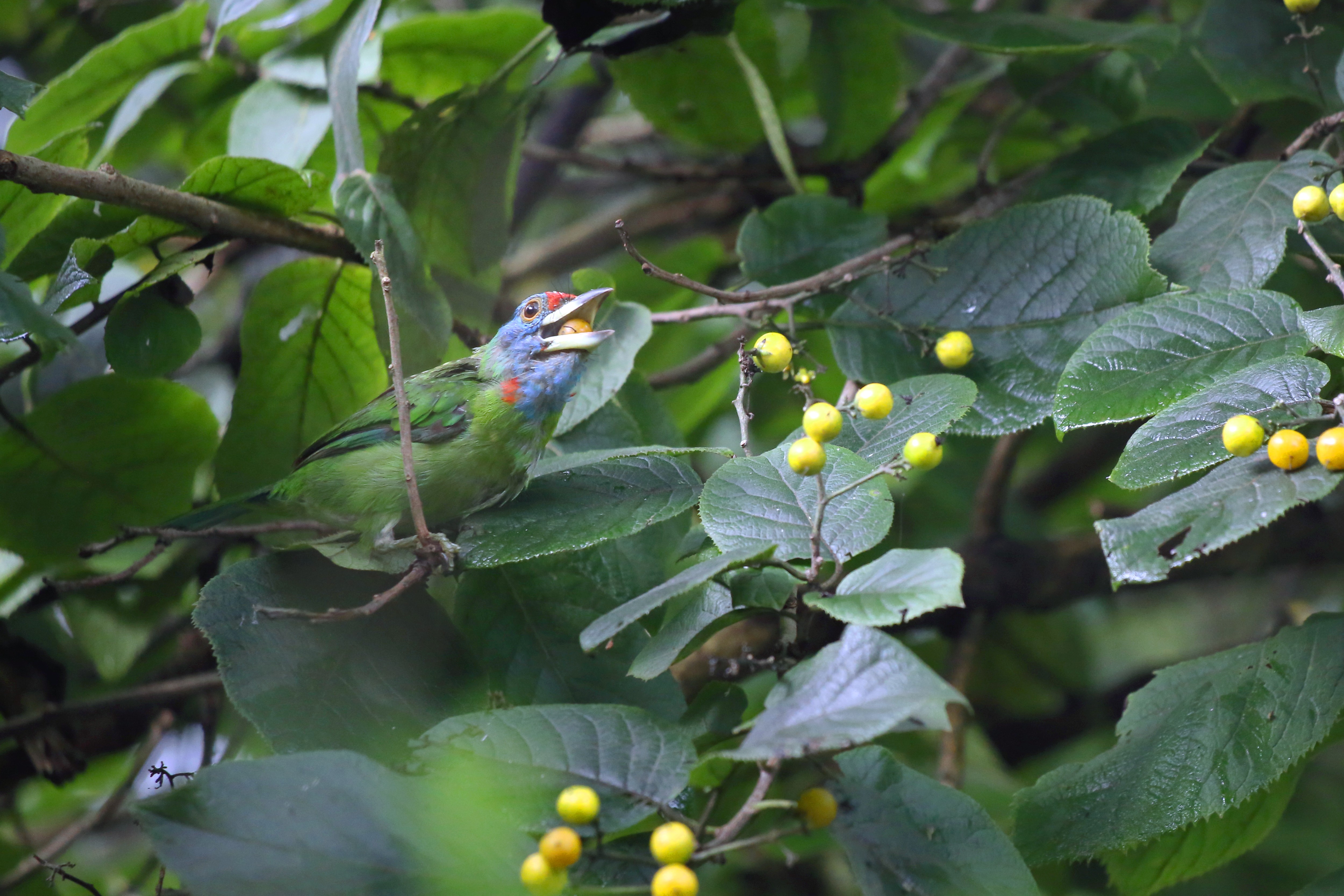
Ramesh Kathariya, ICIMOD
Raise Awareness
Promote understanding of biodiversity’s significance in the HKH region to encourage conservation efforts.

Ramesh Kathariya, ICIMOD
About HKHBIF
The Hindu Kush Himalayan Biodiversity Information Facility (HKHBIF), hosted by ICIMOD, is a regional platform that mobilises and publishes biodiversity data from across the Hindu Kush Himalaya. HKHBIF is an associate node of the Global Biodiversity Information Facility (GBIF) that enables researchers, institutions, and citizen scientists in eight countries to share species records and ecological datasets that are globally accessible, standardised, and citable.
HKHBIF builds a collaborative network of data contributors, promotes open biodiversity data, and strengthens regional capacity for evidence-based conservation and sustainable development. By filling critical data gaps in one of the world’s most biodiverse yet underrepresented regions, it supports research, policy-making, and global biodiversity targets.

Ramesh Kathariya, ICIMOD
Be a publisher!
Help shape the future of biodiversity conservation in the Hindu Kush Himalaya by publishing your data with HKHBIF. Whether you’re a researcher, institution, or citizen scientist, your records and observations can inform science, policy, and sustainable development across the region.
Publishing through HKHBIF makes your data globally visible, citable, and integrated into platforms like GBIF—filling critical gaps to support habitat modelling, climate planning, and ecosystem assessments.
Join a growing network of contributors working to make biodiversity data open, accessible, and impactful. Your data matters: share it, cite it, and let it drive change.
HKHBIF strategies
The HKHBIF is committed to enhancing the understanding and utilisation of biodiversity information in the HKH region. Our strategies focus on several key areas:

Ramesh Kathariya, ICIMOD
Raise Awareness
Promote understanding of biodiversity’s significance in the HKH region to encourage conservation efforts.

Ramesh Kathariya, ICIMOD
Global Communication
Advocate for the worldwide sharing of biodiversity data to inform the public and decision-makers about its importance.

Ramesh Kathariya, ICIMOD
Organisational Strengthening
Enhance HKHBIF’s presence and expand its network of data holders and publishers to improve collaboration and data accessibility.

Ramesh Kathariya, ICIMOD
Partnership Development
Seek collaborations with other Asian regional nodes to strengthen regional cooperation and resource sharing in biodiversity initiatives.

Ramesh Kathariya, ICIMOD
Showcase Biodiversity
Highlight and promote the unique biodiversity of HKH member countries to raise awareness and support for conservation efforts.

Ramesh Kathariya, ICIMOD
Open Data
Encourage the publication of biodiversity data in open-access formats to facilitate global sharing and accessibility.
News
Get our updates here!
We invite you to join the virtual webinar on biodiversity data mobilisation in Pakistan. The webinar aims to share the information in the global biodiversity database, GBIF. See more
This two-day national consultation will bring together government agencies responsible for biodiversity conservation and management, biodiversity experts, academia, and national herbaria and museums to discuss Nepal’s capacity for open-access biodiversity data mobilisation, as well as the opportunities and challenges associated with it. See more
National Dissemination Webinar on Open Access Biodiversity Data Publishing in Bangladesh, [4 Sep 2025]
Join us for the webinar on sharing experiences and raising awareness about biodiversity data mobilisation in Bangladesh. The webinar aims to sensitise participants and also showcase the importance of sharing data. See more
This webinar aims to sensitise participants to the challenges of biodiversity data availability, introduce tools and best practices for data mobilisation, and demonstrate how contributions from biodiversity hotspots, such as India, can inform global conservation efforts. See more
Join us for a webinar on Biodiversity Data Mobilisation and Training on 05 August 2025, jointly organised by the National Biodiversity Centre and the National Mushroom Centre, Bhutan, in collaboration with the ICIMOD and GBIF: The Global Biodiversity Information Facility. See more
Enhancing institutional capacity for biodiversity data management in the Hindu Kush Himalaya using the Global Biodiversity Information Facility’s Open Access Platform. See more
We use cookies on our website. Some are technically necessary, others help us improve your user experience. You can decline non-essential cookies by selecting “Reject”. Please see our Privacy Policy for further information about our privacy practices and use of cookies.